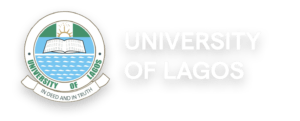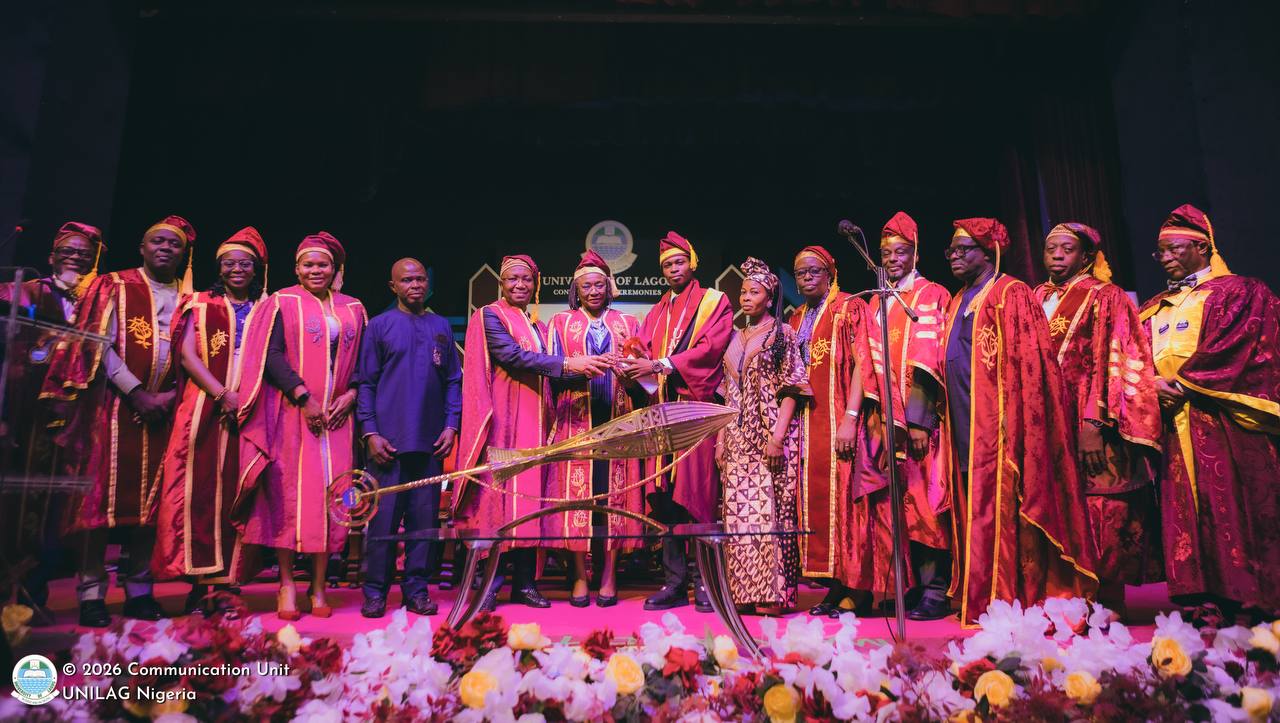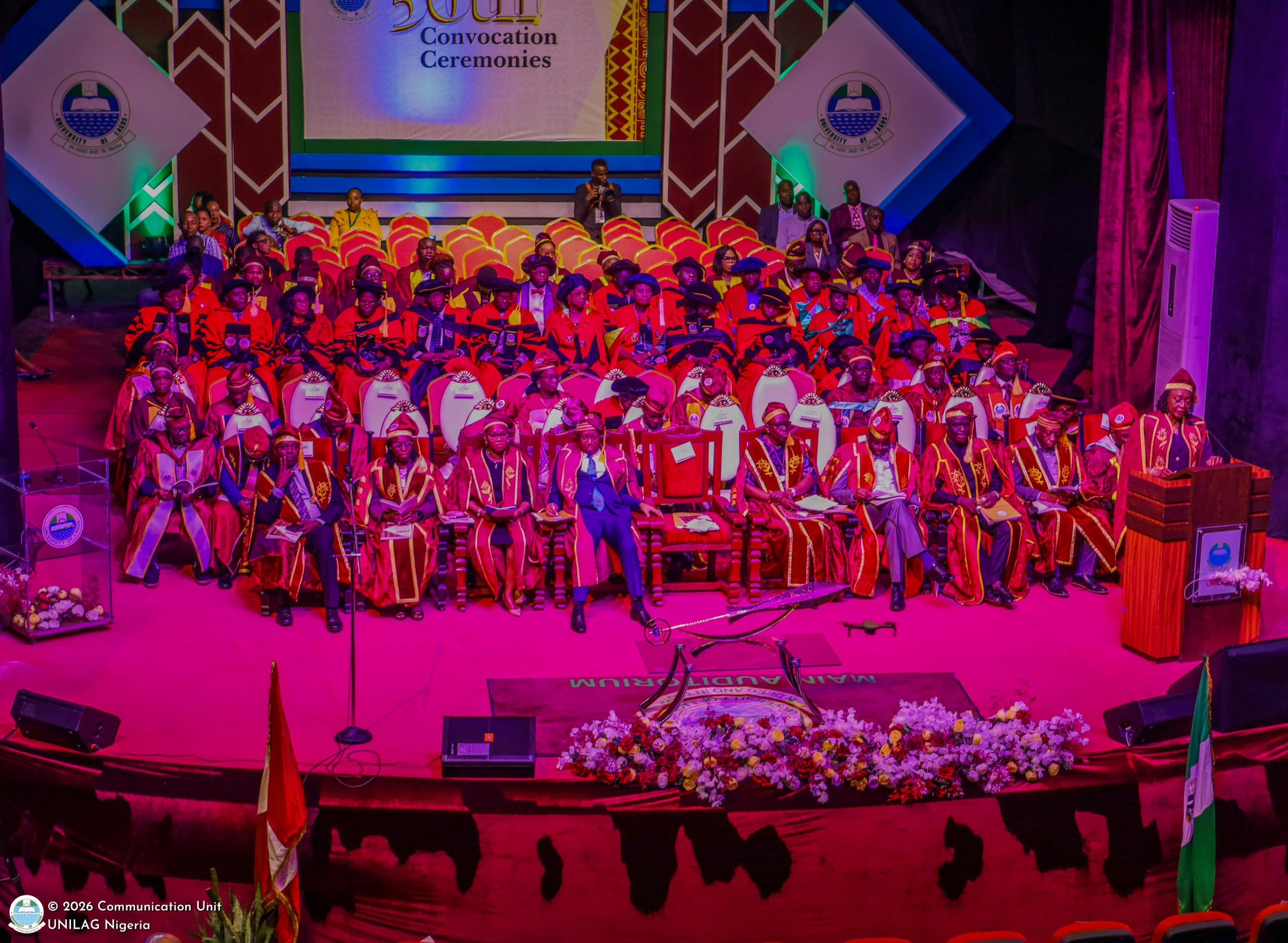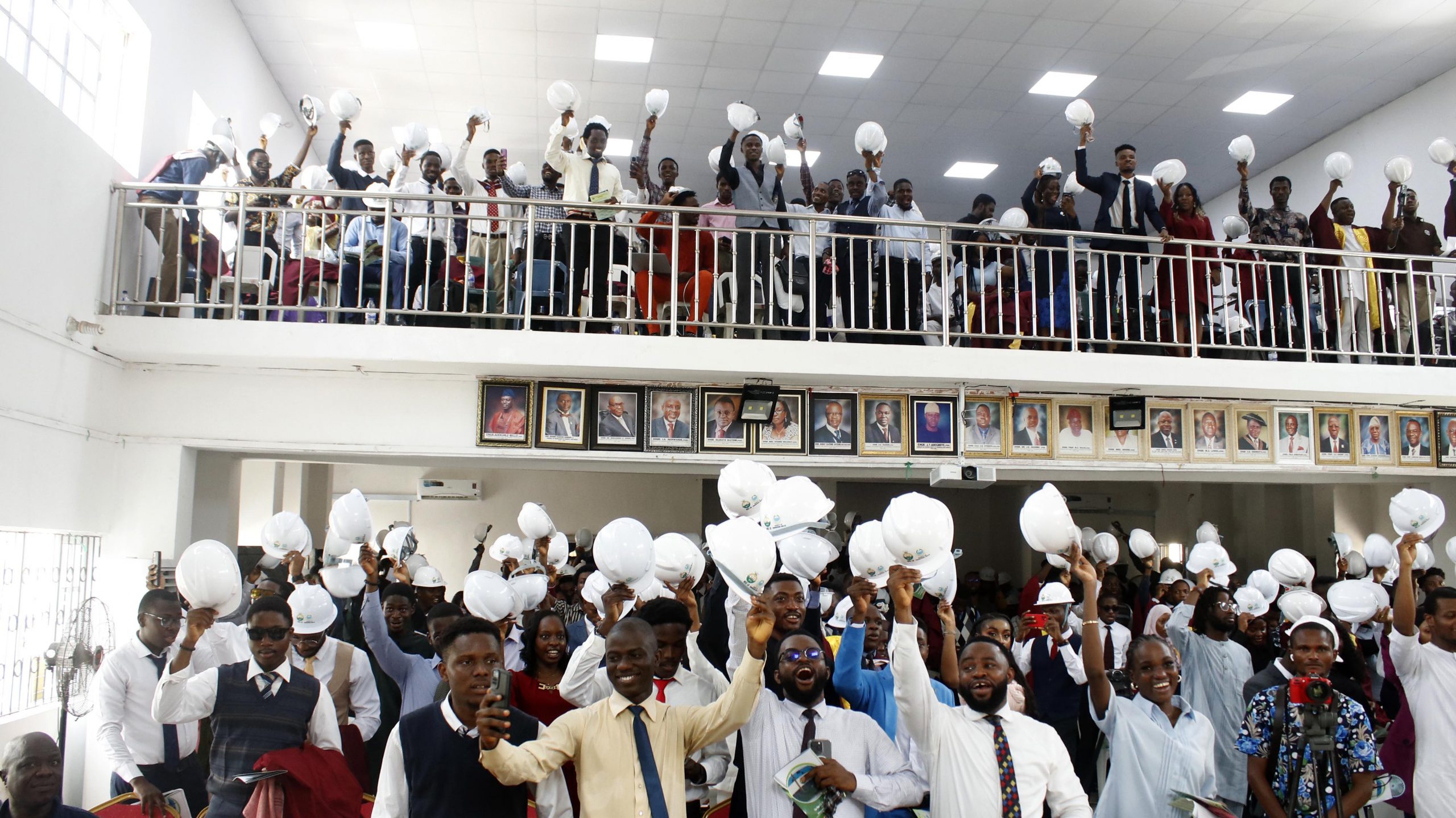The challenges confronting Nigeria’s marketing landscape and the gap between industry players and academia partnership were the focus of discussion at the Department of Business Administration, University of Lagos (UNILAG) and Advertisers Association of Nigeria (ADVAN) Academia Collaborative Forum (ACOFORUM).
With the theme: Marketing and Organizational Sustainability: Navigating the Path, the hybrid event brought together academics as well as industry professionals, drawn from the field of Marketing was held on Thursday, August 24, 2023, at the Tayo Aderinokun Hall, UNILAG.

One of the keynote speakers and Head, Department of Business Administration, Professor Bolajoko Dixon-Ogbeche stressed the importance of marketing particularly with ‘’Sustainability’’ being at the forefront of any marketing strategy in an organization.
The Professor of Marketing and Decision Sciences in her presentation adopted a reductionist approach and established that sustainability development is contingent on the triple bottom lines (TBL) of environment, social and economic.


She posited that “though sustainability is development that meets the needs of the present without compromising the ability of future generations to meet their own needs, there are environmental dimensions posing challenges to organizations especially in developing countries. Some of these challenges include population growth, energy crisis and increased industrialization.”
Prof. Dixon-Ogbeche further averred that the pillars of sustainability have been linked to improved business performance when entrenched into the long-term strategies of a business.
According to her, “to address the challenges of power supply, multiple taxations and other factors faced in the business environment, it is imperative to develop solutions that will not compromise future needs yet meeting the needs of the present. As such, sustainable development is hence a process of change rather than a means for the study and analysis of relationships, in order to identify solutions. It is a conceptual framework, a process and an end goal at the same time”.
Mrs. Gloria Nwabuike on her part asked the question how do we run a sustainable business? In addressing that, she identified the need to bridge the gap between the academia and industry as a route to enable sustainable advancement in Nigeria. ‘’Today, most institutions do not offer courses relevant to industries, which has led to a disconnect between academia and industry partners’’.

According to her, it is expected and logical that some institutions would be collaborating with relevant industry partners to creatively prepare curriculums that will help train students to be skilled to cater to the needs of marketers.

While analyzing the relationship between social, economic, and environmental sustainability, the Category Head, Dairy & Snacks (Nigeria/ Ghana), CHI Limited, Mrs. Nwabuike bemoaned the dearth of talents within the marketing landscape. She observed that most university researchers chose topics without consulting industry experts to understand industry needs and realities.
She, however, offered various suggestions including a review of the existing curriculum in conformity with globally acceptable standards; adoption of the town-gown exchange model; and reinvigoration of industrial trainings for students are virile pathways to the production of quality graduates.

The Marketing Director, Sub-Sahara Africa, Pladis Foods Limited, Dr. Omotola Bamigbaye-Elatuyi highlighted the role of marketing sustainability along accountability and data analytics. Her words, ‘’…. there’s a lot going on with employability coefficient and the number of graduates we churn out. I think irrespective of the way in which sustainability is conceptualized, it should be known that sustainability is now widely accepted by stakeholders’ standard; to which sustainable organization need to comply with’’.

While sharing his perspective from the operational angle, President of the Advertisers of Nigeria (ADVAN), Mr. Ozamede Uwubanmwen opined that the affiliation between business and its environment is one of mutuality, “the environment exerts hassle on the business while the business, in turn, influences some aspects of its environment among other challenges”. He noted that the resultant effects of the forum would amplify the sustainability of a more efficient and virile marketing ecosystem if continued.
The Director of the Entrepreneurship and Skill Development Centre, UNILAG, Professor Sunday Adebisi, in his contribution, charged industry professionals to do more in terms of collaborations with the academia. He pointed out the enormous advantages of such collaborations to knowledge.

According to him, “while universities by definition are centres of learning and research, we have unfortunately over the years turned them into centres of teaching, with the strange philosophy, which we presently operate as a nation that requires and actively encourages everyone to have a university education. This is immersely counter-productive”.
Professor Adebisi explained that the unrealistic approach which requires that universities admit and teach students, courses that they do not have the passion or desire to undertake, has over-stretched the physical and human infrastructure of the universities.
His words, ‘’Nigeria, today does not have a research innovation fund that can be tapped into by researchers but you all (industry players) can provide us with these funds as it is obtainable abroad. Any research grant of substantial value obtained by Nigerian researchers is most probably from a foreign organization or government. As the saying goes, he who pays the piper dictates the tune’’.
There were remarks and contributions by participants among whom were a senior member of Faculty, Professor P.K.A Ladipo, Head of Marketing, Sub-Sahara Africa, Friesland Campina, WAMCO Nigeria Plc, Mr. Chris Wulff-Caesar and Post-Graduate Coordinator, Department of Business Administration Dr. Ekpudu.




The Dean, Faculty of Management Sciences, Professor Adeola A. Sulaimon who represented the Vice-Chancellor, Professor Folasade Ogunsola, OON, FAS at the event applauded the gathering. He described the forum as imperative in the quest to harness informed opinions on national issues.
The ADVAN-UNILAG Discourse, according to the Convener, Professor Bolajoko Dixon-Ogbeche, is aimed at fostering multidisciplinary research collaborations as well as promoting knowledge exchange on contemporary issues.
Earlier in the day, the event featured two MPhil./Ph.D. Students in the Department of Business Administration who made post-Field presentations to the audience under the Chairmanship of Dr. Olaolu Oluwafemi.













